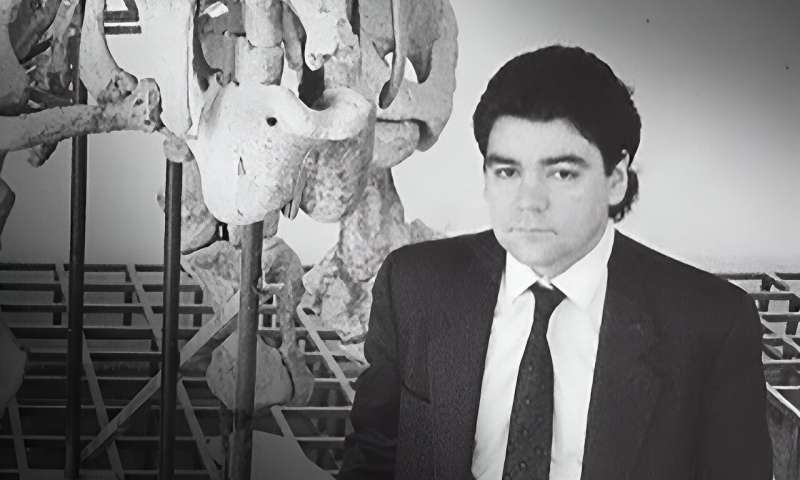Genes, cells, and embryos in development and evolution: Pere Alberch, 25 years on

The last 40 years have witnessed a deep transformation in our views of animal development. From seeing development a multicellular black box where over time a mass of cells acquires shape to form organs and tissues, we now have a detailed account of this process in terms of gene expression, multicellular activity, and morphogenesis.
This new point of view has raised questions about the relationships between genes, cells, and organisms. These questions are impacting our thinking about evolution, echoing ideas expressed in a visionary manner by Catalan evolutionary biologist Pere Alberch, who died in 1998 at the age of 43, leaving an intellectual trail that has withstood the passage of time.
Scientists from the MELIS department at UPF and EMBL Barcelona have organized a symposium to discuss Alberch's work. Alberch studied the relationship between genes, cells, and organismal evolution from both an experimental and a theory-based perspective.
Present and past will meet at the symposium, titled "Genes, cells and embryos in development and evolution: Pere Alberch, 25 years on" held on 9 and 10 November at the Auditorium of the Barcelona Biomedical Research Park (PRBB).
"The meeting stemmed from our discussions with Denis Duboule, EPFL Switzerland, and James Sharpe, Head of EMBL Barcelona, on the relative contributions of cells and genes to the development of an organism and the realization that these ideas had already been discussed by Alberch in the 1990s," Alfonso Martinez-Arias, ICREA and UPF researcher, said.
According to the symposium organizers, the 25th anniversary of Alberch's premature death presented an opportunity to get a vista of the field and see how his ideas are at the root of current ideas of evolutionary developmental biology. To this end, the symposium will bring together a group of internationally renowned speakers, some of whom are direct intellectual descendants and collaborators of Alberch, to celebrate his work and legacy at the interface of evolution, genetics, and cell biology.
Particularly exciting is the participation of Neil Shubin—Alberch's first Ph.D. student, now a well-known paleontologist from the University of Chicago. Shubin discovered an organism called Tiktaalik—the missing link between ancient sea creatures and the first creatures to walk on land. Also participating are Frieston Galis from the Biodiversity Center in Leiden, who follows Alberch's legacy by studying the role of developmental constraints and selection in shaping the evolution of body plans, and Cliff Tabin from Harvard University, who studies the evolution of complex characters.
Another side of Alberch's science was his involvement in improving the public understanding of science through museums. When he returned to Spain, he took up a role directing the Museo de Ciencias Naturales in Madrid, where he began working on its modernisation. This aspect of his career will also be represented in the symposium.
Provided by European Molecular Biology Laboratory